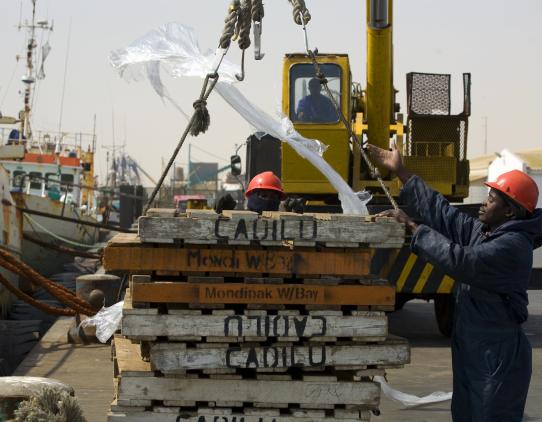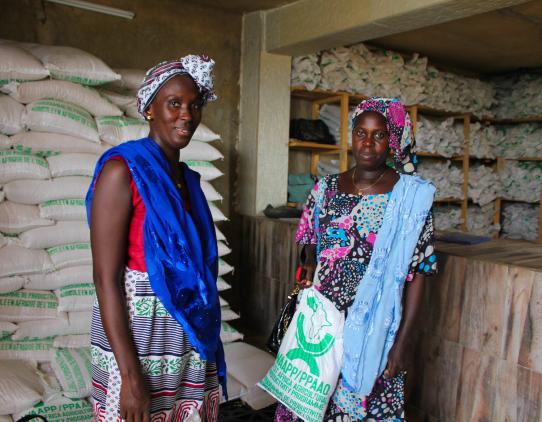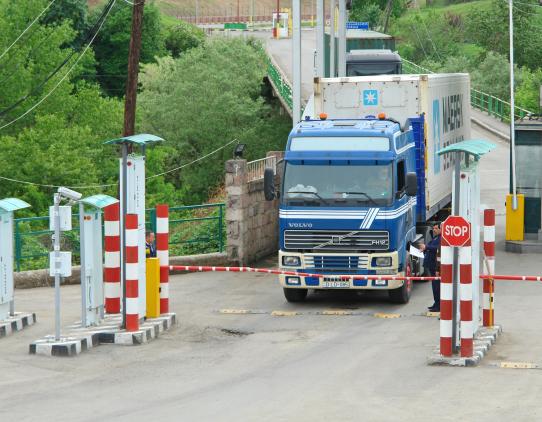For over three decades, international trade and global value chains (GVCs) have driven growth and poverty reduction, significantly advancing low- and middle-income economies. Yet recent shocks—the COVID-19 pandemic, U.S.-China trade tensions, and Russia's invasion of Ukraine—have revealed vulnerabilities in trade-dependent economies. The pandemic underscored risks for countries reliant on trade for essentials like medicine, yet it also demonstrated the resilience of GVCs, which sustained flows and enabled a strong recovery. Russia's invasion of Ukraine exposed global interdependencies on resources like energy, food, and fertilizers, sparking inflation, food insecurity, and energy crises. It accelerated trends toward reshoring and regional supply chains to buffer against future shocks. The U.S.-China trade conflict showed the cost of politically motivated policies, shifting production patterns and deepening trade fragmentation, but it also prompted countries to diversify supply sources.
Together, these events underscore the need for balanced trade policies that build resilience while preserving the benefits of global integration. To explore how countries can leverage trade and GVCs, this page brings together the main policy messages from the World Development Report 2020: Trading for Development in the Age of Global Value Chains, and other reports and papers.
Featured Content
Explore our curated insights, events, and learning opportunities on the topic of trade and global value chains.
Key Policy Messages
These are major themes and messages emerging from the latest World Bank research on international trade and global value chains (GVCs). Click on each card to learn more and access related publications.
GVCs remain key to growth and poverty reduction

GVCs remain key to growth and poverty reduction
GVCs-led growth boosts growth and poverty reduction, especially in developing countries with access to global markets and strong fundamentals:
- GVCs lifted millions out of poverty.
- A 1% increase in GVC participation correlates with more than a 1% increase in per capita GDP, highlighting long-term growth effects.
- Empirical evidence demonstrates the strong link between GVC participation and economic and social advancement.
Trade conflicts and lack of reform threaten GVCs’ role in promoting prosperity

Trade conflicts and lack of reform threaten GVCs’ role in promoting prosperity
Recent shocks stressed the need for stable trade policies to sustain GVC benefits:
- Preserve market openness to attract FDI and know-how, and to export.
- Invest in human capital, infrastructure and connectivity.
- Ensure sustainability and inclusivity, by supporting SMEs gender equity, and marginalized groups.
- Maintain predictable regulations and transparent customs for smooth operations.
The potential for inclusive and sustainable growth remains strong

The potential for inclusive and sustainable growth remains strong
GVCs can further drive inclusive and sustainable growth, better jobs, and poverty reduction if:
- Developing countries pursue deeper reforms.
- Advanced economies maintain open, predictable policies.
However, recent trends show strong deviations from this approach.
Policies should aim to ensure GVC benefits are environmentally sustainable

Policies should aim to ensure GVC benefits are environmentally sustainable
To ensure GVC participation becomes more sustainable, governments should focus on environmental regulations to:
- Price environmental degradation to prevent GVCs from magnifying resource misallocation.
- Support climate mitigation objectives and increase diversification in countries highly reliant on fossil fuels exports.
- Stimulate GVCs integration of less carbon-intensive commodities and support access to low-carbon technologies.
- Encourage sustainable logistics options to lessen the carbon footprint of supply chains.
International cooperation and open trade policies are ever more necessary and urgent

International cooperation and open trade policies are ever more necessary and urgent
Global shocks reveal how interconnected economies are through GVCs. To manage interdependencies and preserve growth, governments should expand international cooperation, not reduce it:
- Open trade policies remain vital for global stability and shared benefits from GVCs.
- Reducing trade-distorting policies helps keep markets open.
- Expanding cooperation on taxes, competition, and data flows is also essential to manage trade and GVC-related risks.
While open trade policies are vital, rising protectionism complicates their feasibility

While open trade policies are vital, rising protectionism complicates their feasibility
Trade and GVCs face new challenges but show resilience, adapting rather than collapsing under shocks. Lessons from the COVID-19 pandemic include:
- GVCs sustain trade relationships during crises, aiding recovery.
- Governments should monitor strategic goods through shared information.
- Diversifying exports, increasing access to overseas markets, and GVCs integration build resilience.
- Reducing tariffs aids recovery and lowers the cost of essential goods and services.








